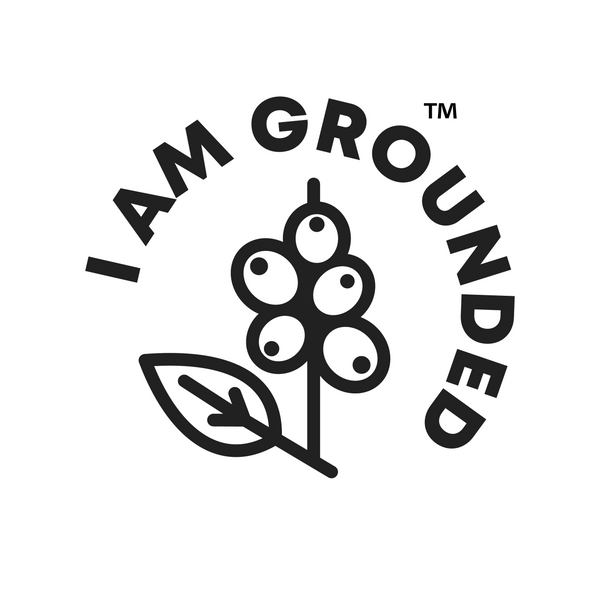A Nod To Caficultores
(Coffee Farmers)

Last Saturday, October 1st was International Coffee Day - the perfect excuse to visit your favourite cafe or to learn more about the people who grow the coffee beans in your morning latte!
Did you know that over 80% of the world’s coffee is produced by 25 million smallholder farmers? (Fairtrade.net, 2022) When we think of “coffee origins”, countries such as Brazil, Colombia and Ethiopia probably come to mind. But did you know that there are over 51 countries that grow coffee? Many of these exist within the infamous “Coffee Belt”!

From Mexico to Papua New Guinea, over 125 million people globally rely on coffee as their source of income (Fairtrade UK, 2022). It sure does take a lot of people to farm the 10 billion kilograms of coffee consumed globally each year, (International Coffee Organization, 2021). It's crazy to think that with so much coffee produced, we only use up to 60% of the overall fruit. In some instances we throw away 80%! Leaving farmers with one income and volatile to the stock market pricing of coffee as well as unpredictable yields from climate change, pests and insects and the destruction of soil quality through overuse of fumigants.
So how much are they getting paid for what they grow?
Fairtrade.net reports that “the global coffee industry now generates more than $200 billion per year, the average farmer’s income has not changed in the past 20 years – or has actually declined when taking into account higher farming costs” and that as of 2019, small coffee producers receive less than $2.20 per kilogram.
Considering that 1kg of coffee beans costs around $30.00-60.00, farmers are getting the short end of the straw! Most of these smallholders are family-owned businesses, who live, breath and drink coffee, and as each smallholder is unique, so is the coffee that they produce. From varying farm altitudes and temperatures to unique fermentation processes, producers will have their own distinctive aroma, acidity and body.
A Solution Through Upcycling


Through the usage of by-products like the coffee fruit, the leaves, the flowers and wood- a new circular economy is created. This provides value both at the farm level but also at the consumer level and is at the core of what we do. For example, for each I Am Grounded snack bar consumed, you can find 70g of coffee fruit upcycled. In addition to this sustainable aspect, farmers are paid for their coffee fruit 'waste', and an advanced patented technology is used to preserve the antioxidants of this nutritious ingredient! Through this we have been able to upcycle just over 7000 kilos of coffee fruit from ending us in landfill, all thanks to our customers and supporters.
When access to technology and opportunity are provided to coffee farming communities, we can transform the way coffee is grown and provide impact in ways we didn't think possible!
Shop BarsReferences: https://info.fairtrade.net/product/coffee
https://www.fairtrade.org.uk/farmers-and-workers/coffee/
https://ico.org/prices/new-consumption-table.pdfhttps://www.fairtrade.net/news/we-love-coffee-are-we-willing-to-pay-the-price
